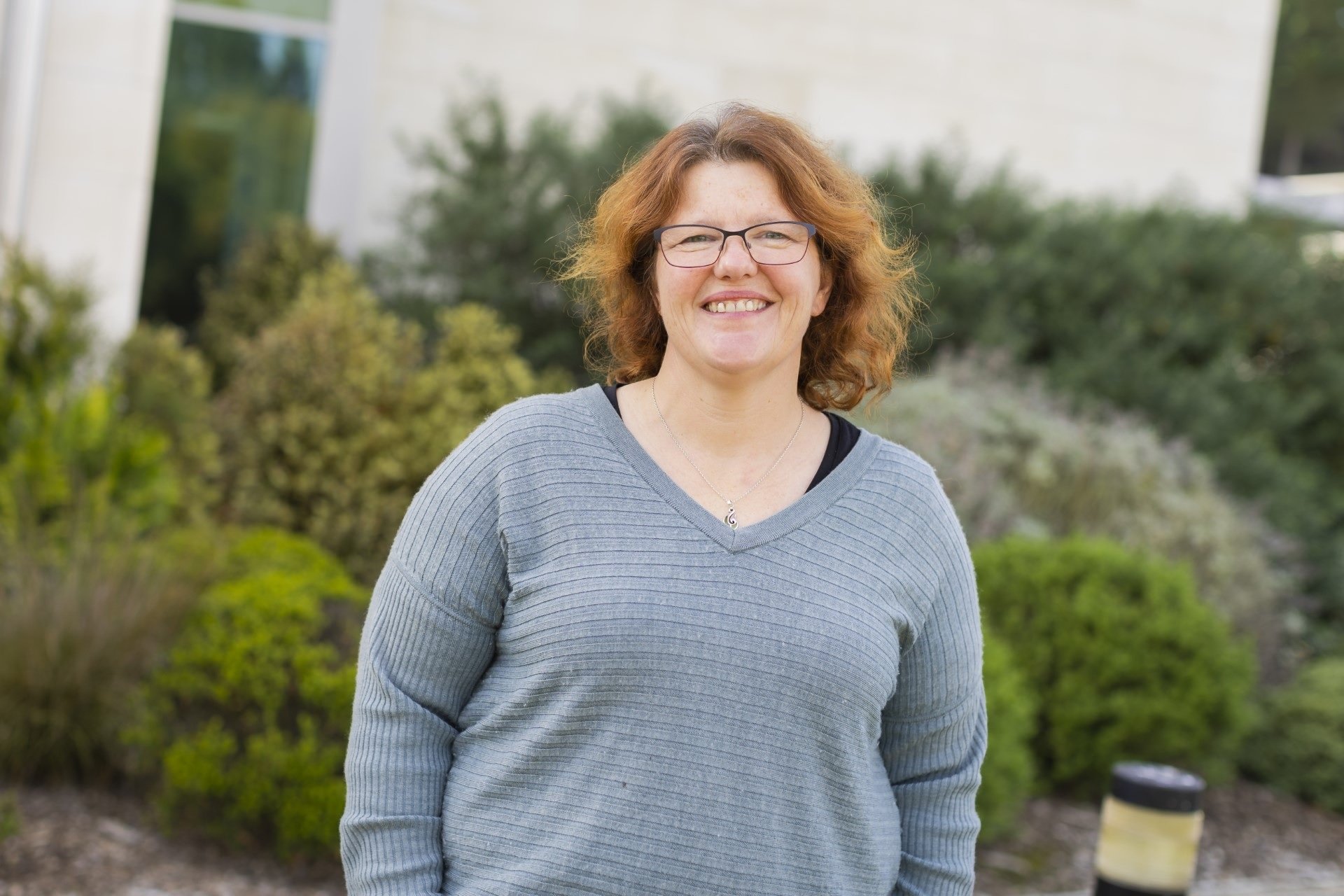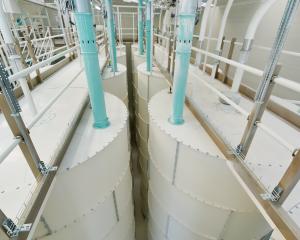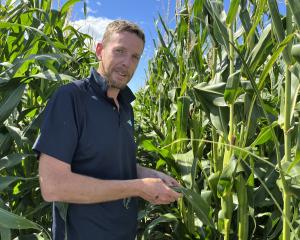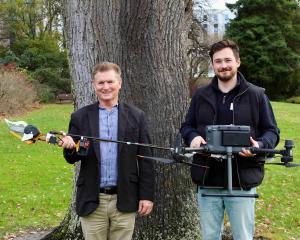
AgResearch senior scientist Suzanne Rowe, of Dunedin, said the Crown Research Institute developed the portable accumulation chambers to transport by road to farms or central locations where cattle could be quickly and efficiently tested to measure how much methane they emitted.
"This is a first, using a portable system like this to measure methane emissions from cattle."
The "relatively simple chamber" could be taken where the animals were.
"The cow walks into the chamber and we capture all of the gas that’s emitted from that animal for just one hour.
"We then use this data to rank animals according to their emissions."
The measures from the new technology would help farmers understand what the climate change impact was from their herd and individual animals and assist in breeding lower-emitting animals, she said.
Methane was a relatively short-lived, yet potent, greenhouse gas emitted by ruminant animals, such as cattle, and methane reduction targets were included in climate change legislation, Dr Rowe said.
Similar technology had been used to measure the methane emissions of thousands of sheep on New Zealand farms over several years, she said.
"We’ve been able to prove that is an accurate and effective method."
Breeding animals which naturally emitted less methane was one way of achieving greenhouse gas reductions without reducing stock numbers.
Welfare of the animals was carefully monitored when using the portable chambers for both cattle and sheep.
In the rare event they become stressed they were removed from the chambers.
The portable cattle chambers would be an important addition to the toolbox for farmers, she said.
AgResearch would use the portable chambers alongside the feed efficiency monitoring it already did.
"There is also preliminary evidence in sheep that the measures taken in the cattle chambers may provide us some important insights on feed intake and evaluating feed efficiency, as well as methane emissions."
The chambers offered benefits for other nations farming livestock, Dr Rowe said.
"Our portable sheep chambers are now in use in other countries, such as the United Kingdom, supporting their efforts to reduce farm emissions.
"We are looking forward to trialling the portable cattle chambers overseas, particularly in countries where they have extensive grazing systems."
















